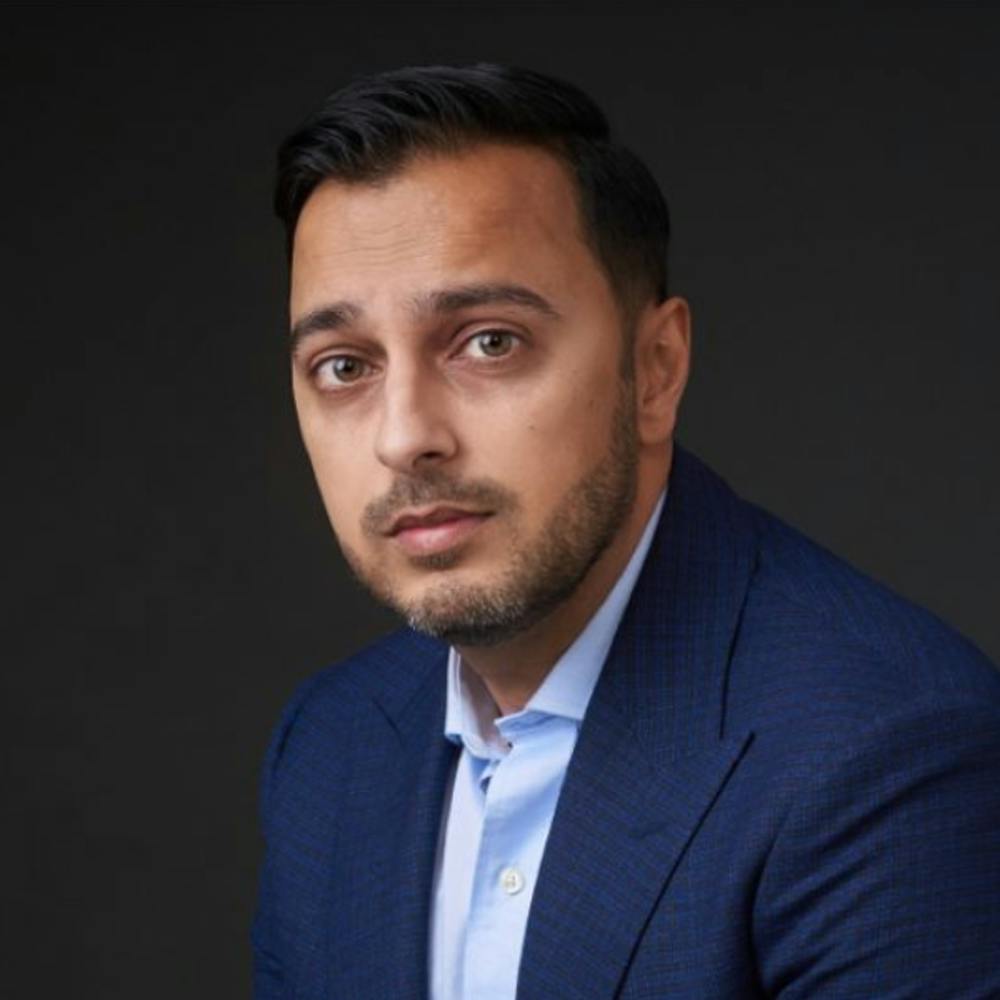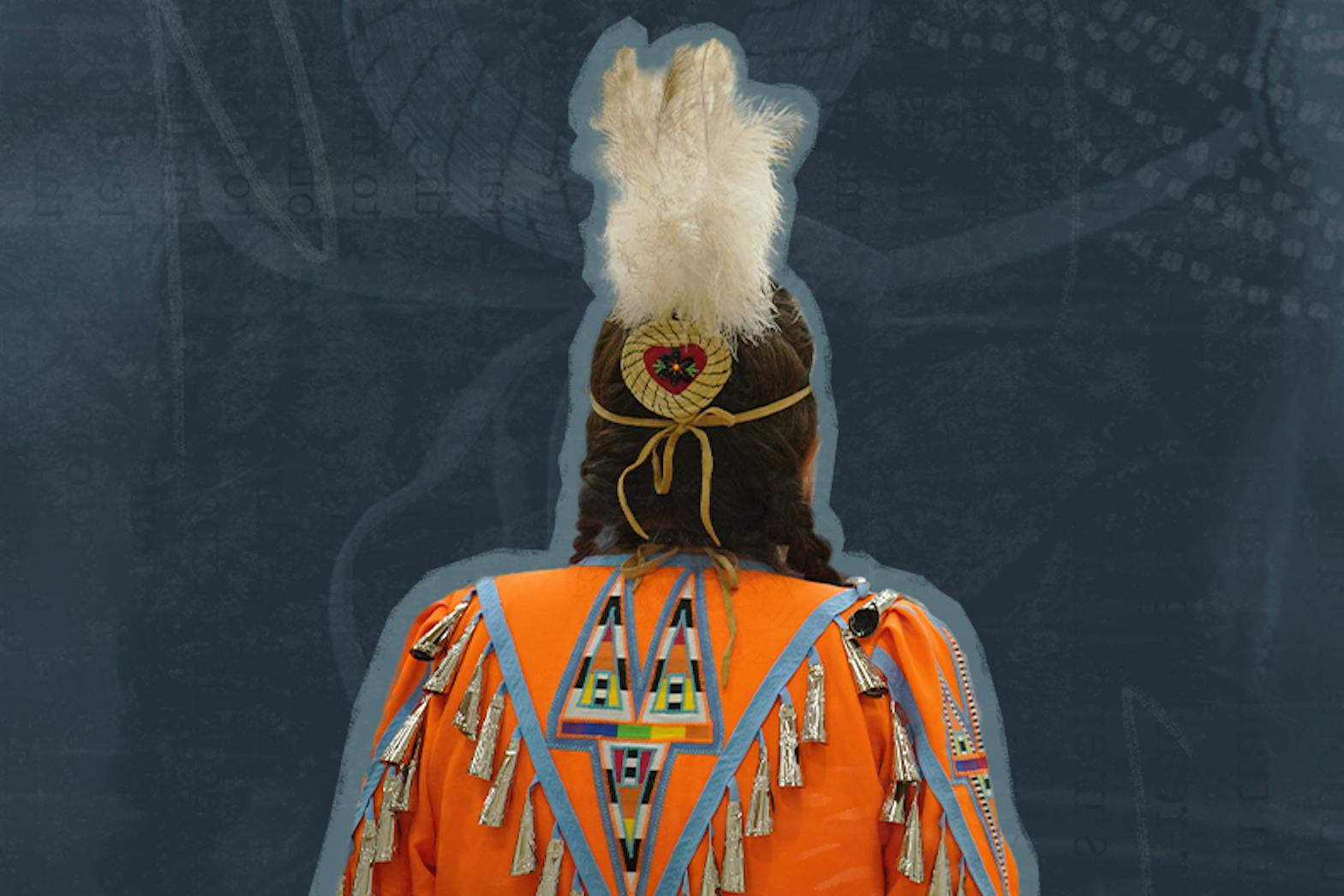Dr. Rehman Abdulrehman is a clinical and consulting psychologist with specialized training and experience in the field of cognitive behaviour therapy, trauma, and anxiety disorders. He works locally as an assistant professor in the Department of Clinical Health Psychology at the Max Rady College of Medicine at the University of Manitoba and internationally was a visiting professor at the Muhimbili University of Health and Allied Sciences in Tanzania, Zanzibar University, and the State University of Zanzibar.
Reducing mental health stigma and increasing access to mental health services are only a few of the main points that Dr. Abdulrehman advocates for. His focus on the need for diversity and inclusion has led him to be a part of and witness interactive websites, art exhibits, and publishing. His new book, Developing Anti-Racist Cultural Competence, is coming out this March 28, 2024. You can learn more about Dr. Abdulrehman's work on diversity and inclusion at leadwithdiversity.com

Dr. Abdulrehman:
For me, community-led engagement is really a diversity, equity, and inclusion issue. Primarily because what happens is that you're getting a community to let you know what their needs are, rather than somebody outside of the community determining what that community needs.

Narratives Inc.:
So, when we're thinking about diversity, equity, and inclusion, you mentioned not being outside controlled but being community driven and the community saying, "This is what we want." What is the psychological importance of that for the community?
Dr. Abdulrehman: Well, when it comes to diversity, equity, and inclusion, typically, people who are not from that community don't have a nuanced understanding or perspective of what those needs are. So, let's say, for example, we know that mental health is a need in all communities, but the nuances of how those needs are presented or how they show up in that community, the barriers or restrictions to good treatment, are only known in the community. If a professional shows up and says, "This is what you need." well, it may be true that we all need basic mental health care, but to understand the specific needs of that community and the nuances of those challenges faced by that community, that all has to come from the community.
It's not much different than somebody coming in for therapy. If somebody came in for therapy and I just told them what they needed versus them telling me what their dilemma was if I didn't take a moment in time to assess their perspective, their worldview, their challenges, their barriers, and their experience of a problem, then I'm not really doing a good job, right?
That's just me talking at people versus talking with people, and to me, community-led engagement is about talking with people. So, even when we have experts, we need those experts to understand the context of a problem from the perspective of the patient or, in this case, the perspective of the group or community.
Narratives: What can you tell me about the thinking or perspective of a group? What are some dynamics that come into play when you have a large group?
Dr. Abdulrehman: There is something called shared mental health. Who we are in terms of our mental health- one of the key factors is community and the people around us. If one person is harmed, we're all harmed.
What we have to understand is that when trauma impacts a large number of people within a group, it's now going to have an impact on identity, on group mental health, and even, I would say, group culture.
And that's particularly true for people of colour, including indigenous people who have experienced racism for long periods of time. You know, it becomes very difficult to separate. The concept of racism and the experience of racism from the identity of that individual, myself included.
N: What should facilitators watch out for when working with individuals or groups who have experienced trauma?
Dr. A: There are a lot of things to look for. Often, when we think about what to look for, it places the responsibility on a facilitator to be able to look for all these issues. And really, there's nothing to look for. What it is important to do, I would say, is to be empathic and to be kind and to understand that we don't necessarily have to hold the responsibility for fixing things, but we do have to acknowledge what's happened and how it impacts behaviour. And that can allow us to be much more empathic and kind and get other people's perspectives.
So, it's not about watching for; it's about creating room for different worldviews and the experiences of people.
N: Do you have any specific tips for creating room or creating space for differing perspectives
Dr. A: Well, I think it's important to first recognize our own perspective, and I think we tend to walk into situations wanting to learn about other people's perspectives without recognizing our own. We need to understand what our perspective is in any context because then we're not walking into places like we're going to the zoo, where we are learning about another species in an environment and not recognizing that we ourselves are species within an environment.
That's number one, and that also means sometimes recognizing biases and understanding that we tend to have a very egocentric worldview. We see the world from our perspective. People then measure other people's experiences from our experience as the central focus. And that can't be the case, right? We have to be able to say that perhaps there's another perspective here that we need to be thoughtful about.

N: How does this relate to trauma-informed practices?
Part of being trauma-informed is understanding that we don't need to push an agenda.
Dr. A: We do our best to do our job with what we've got and then slow down when a person needs to slow down. Understanding that we need to be client centered, that you know we need to be able to let other people lead an engagement instead of thinking that we need to be the ones who are leading, we can guide an engagement. I'm not sure that we always need to be the ones leading it.
It's also important for us to recognize that the thing about trauma is that sometimes it's caused by racism, and we have to understand the impact of that on trauma. Being trauma-informed isn't always just about understanding what we think is classically trauma, but about other things that we never considered to be traumatic. Because what's traumatic for one person is not always for the other, but racism certainly is, and systemic racism has a very big hand to play in trauma.
N: Related to systemic racism, how can consultants, government bodies, or other groups working in diverse communities avoid falling into the pitfalls of being a "white saviour" or being paternalistic?
Dr. A: Yeah, great question. My upcoming book answers that question in depth. I think it's critically important to be able to consult with others because the more knowledge we gain on others' perspectives, the better it gets. To be able to create a conversation where people feel comfortable telling you that you're wrong and being able to hear that only happens when a relationship develops.
To consult externally and also to consult internally is critically important. Being able to have the conversation with your staff and with the communities that you work with is key.




